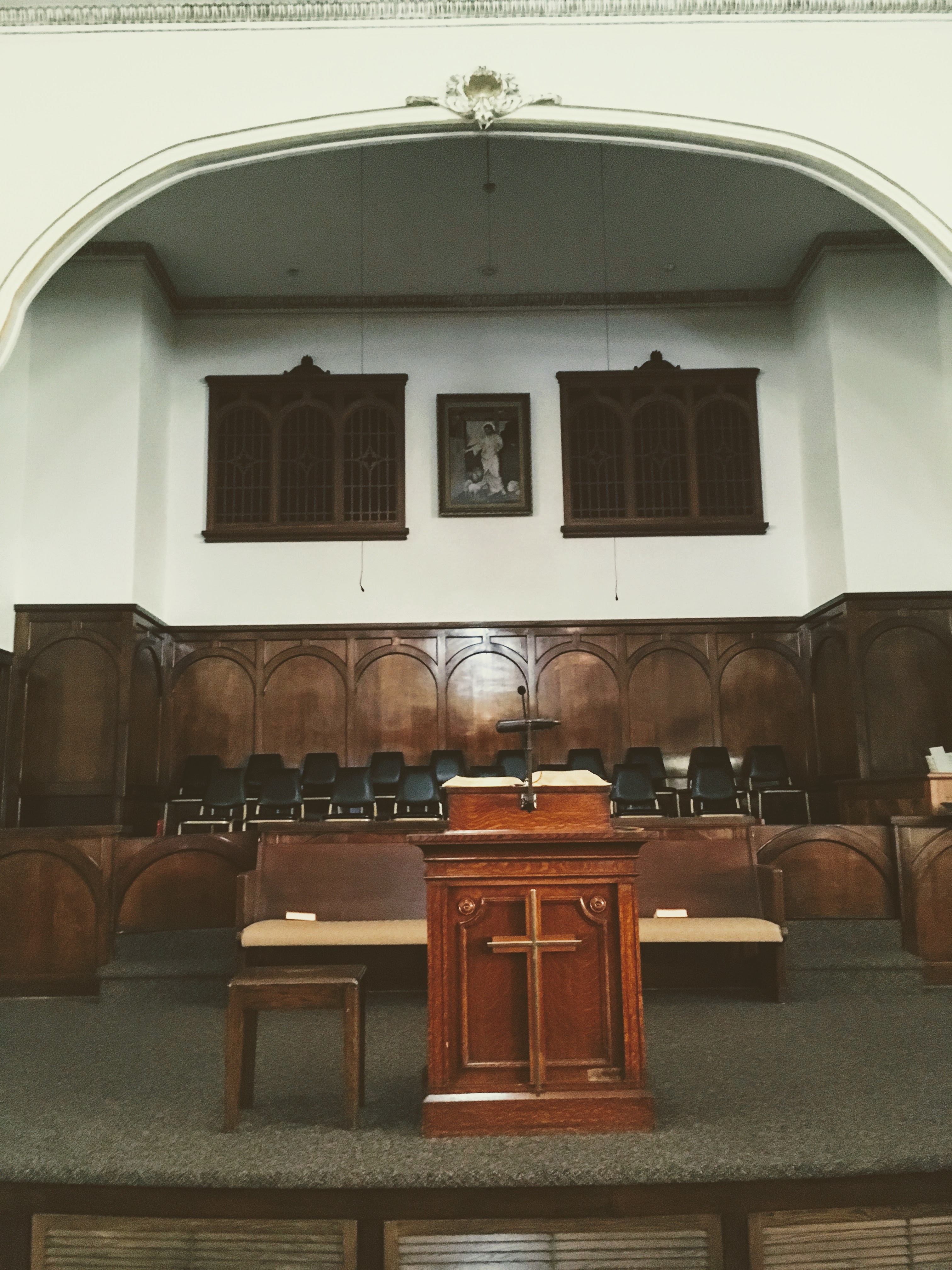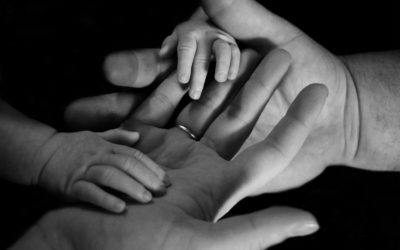July 4, 2021
Order of worship
Prelude: Rosemary Nettrouer
Announcements
Welcome & Greeting
Music: “Praise My Soul the King of Heaven,” Hymn #52
Call to Worship: 1 John 4:7-8
Centering Meditation
Prayer Concerns
Pastoral Prayer
Message: “What Can We Learn from Sodom and Gomorrah?”
Scripture: Genesis 19
Open Worship
Benediction
Postlude: Rosemary Nettrouer
Prelude: Rosemary Nettrouer
Announcements
Good morning! Happy Independence Day!
Thank you, Rosemary, for the music. Thanks for technical support by Michael Barrett, Joe Dawley, and Erin DeGroot, with music coordination by Dawn Blue.
- Thank you for wearing your mask to help protect the unvaccinated among us.
- Offering plates are near the front and the back of the meeting room. Thank you!
- No childcare is available today, and we won’t have a second hymn or children’s message today.
- We are worshiping in person and live streaming on Facebook and the church website (wichitaquakers.org).
- Please feel free to share our worship with your Facebook friends by posting a link.
- Please also feel free to comment on the Facebook page with prayer concerns, announcements, or words of ministry.
- And if you worship with us online only and would like to be more connected, please leave a message on the Facebook page or the church website.
Today
- Sunday, July 4, 11:00 am, 205 Sunday Class
This Week
- Tuesday, July 6
- 6:00 pm, Ministry and Counsel
- 7:00 pm, Good Times Squares Dance
- Wednesday, July 7, Deadline for submissions to The Light This Week
- Friday, July 9, 7:30 pm, Good Times Squares Dance
- Saturday, July 10
- 2:00 pm, Joan Smith’s 85th birthday celebration at GracePoint Church: Joan has requested no gifts, just hugs!
- 3:00 pm, Outreach Committee (a time adjustment)
Welcome & Greeting
Music: “Praise My Soul the King of Heaven,” Hymn #52
Call to Worship: 1 John 4:7-8
Beloved, let us love one another, because love is from God; everyone who loves is born of God and knows God. Whoever does not love does not know God, for God is love.
Centering Meditation
Music: “Jesus Loves Me”
Children’s Message
Prayer Concerns
- Our church’s pastoral search
- Randy Cook – on the verge of starting chemotherapy and not feeling very well
- Our country & its leaders
Pastoral Prayer
God of all nations, we turn to you. Whether we are feeling hopeful or discouraged, happy or grumpy, peaceful or anxious, we know your Spirit will meet us where we are, and we are grateful.
What can we learn from Sodom and Gomorrah?
Genesis 19
Adapted from May 20, 2018, Reedwood Friends, and August 2, 2015, First Friends Indianapolis
As the second of a series of messages on the theology of marriage and sexuality, this morning I am going to talk about the biblical story of Sodom and Gomorrah. It’s probably not a passage that you’ve heard many sermons about, is it?
I do remember learning as a child, from this story, about Lot’s wife. What’s she famous for? [Wait for an answer.] Yep, Lot’s wife is an example of what kind of person not to be. Don’t look back! ☺
You might also have heard people using this story to condemn certain types of people or certain lifestyles, with the thought that God hates them and so should we. But that’s not the message I’m bringing today. I hope that’s a relief! ☺
The message I’m bringing today is about caring for people in need, welcoming strangers, and treating people with love and respect.
As I launch into this message, though, I have to say that Genesis 19 tells a weird story. I have even wondered whether the newsletter ought to have contained a warning – that this scripture passage might not be suitable for all audiences.
Before I talk about the story itself, though, I want to give a bit of context.
Genesis 19 is in, duh, the book of Genesis. Genesis is the first book of the Bible, and it talks about the very beginning of things. The first eleven chapters of Genesis is what some call “the Primeval Prologue,” with stories about the creation of the earth, the Garden of Eden, Cain and Abel, Noah and the ark, the tower of Babel, along with some genealogies to tie the stories together. The last part of Genesis 11 is a genealogy of Seth, one of the sons of Noah; and it traces the line from Seth to Abram. (Part way through the next section, Abram’s name changes to Abraham, and from here on out, I’m going to call him Abraham.)
The genealogy of Genesis 11 includes a few bits of information that are important for what comes next.
- One thing it tells us is that Abraham’s family lived in Ur of the Chaldees, an area near the southeast end of the Fertile Crescent, between the Tigris and Euphrates Rivers, not very far from the present-day city of Baghdad.
- The genealogy also tells us that Abraham’s father decided to move away from Ur of the Chaldees, and he took with him Abraham, Abraham’s wife (Sarai, who becomes known as Sarah), and Abraham’s nephew Lot.
The original idea was to take the family to the land of Canaan, what is now Israel/Palestine, toward the southwest side of the Fertile Crescent. That’s where they were headed, but they didn’t get there. When they got to the top of the crescent, they decided to stay there, in Haran. [Do an air-map.]
- And the genealogy tells us another important bit: Sarah “was barren; she had no child” (Gen. 11:20, NRSV).
So, at the end of the first 11 chapters of Genesis, Abraham and Sarah and Lot are living in Haran, at the north part of the Fertile Crescent.
Then, so to speak, Genesis turns the page, and Abraham’s story begins. God spoke to Abraham and said, “Go” (Gen. 12:1). So Abraham went.
Genesis 12:5 says, “Abram took his wife Sarai and his brother’s son Lot, and all the possessions that they had gathered, and the persons whom they had acquired in Haran; and they set forth to go to the land of Canaan” (NRSV).
The rest of Genesis, then (chapters 12 through 50), is the “Ancestral Story,” the back-story of what became the people of Israel. This Ancestral Story is organized around three major figures: Abraham, Abraham’s grandson Jacob, and Jacob’s son Joseph. Abraham’s saga is told from the end of Genesis 11 into Genesis 25, which puts our story, Genesis 19, pretty close to the middle of Abraham’s story.
One of the central ideas in Abraham’s story is that, from the beginning, God promised Abraham many descendants. And the big complication in Abraham’s story is that he was getting old, and his wife was getting old, and they hadn’t had any children.
The part we’re interested in this morning, though, is not central to that main story. The part we’re interested in has to do with Abraham’s nephew Lot.
We already know Lot was part of the family group that left Ur of the Chaldees, got as far as Haran, and then went on to Canaan. We also already know that the family wasn’t traveling light – they had lots of stuff, and they had lots of people.
Genesis 13 tells us that, once they got to Canaan, Lot and Abraham split up. How come? Well, livestock was involved. Abraham had some. Lot had some. They had so many “flocks and herds and tents,” says Genesis 13 (vs. 5-6), “that the land could not support both of them living together.”
Besides the problem of the land, Lot’s herders weren’t getting along with Abraham’s herders, so something had to give.
Abraham and Lot talked about the problem, and Abraham said, “Look. Here’s all this good land. You go this way, and I’ll go that way. Or you go that way, and I’ll go this way. You choose.” So, says Genesis 13:10, “Lot looked about him, and saw that the plain of the Jordan was well watered everywhere like the garden of the Lord” (NRSV). So that’s what he chose – Lot went that way, and Abraham went the other way. “… Lot settled among the cities of the Plain and moved his tent as far as Sodom” (Gen. 13:12).
About now, you might imagine music signaling danger rising in the background. That’s because, despite the well-watered plain, things weren’t all coming up roses in Sodom. It was kind of like one of those planets in the original Star Trek where it looks like the Garden of Eden, but something is terribly wrong. Genesis 13:13 says, “Now the people of Sodom were wicked.” Hear that music? ☺
From Genesis 13, Abraham’s story moves along, with that big problem – a promise of lots of descendants but no children.
- Maybe we should adopt? Nope. (Gen. 15:1-6)
- Let’s try surrogate motherhood. That didn’t work out well either. (Gen. 16)
Finally, God told Abraham, “Look. You’re going to have a kid with your wife, Sarah. The kid’s name will be Isaac, and he will be born within the year. Everything is going to be cool” (Gen. 17:15-22).
One afternoon, not long after that, Genesis 18 says, Abraham was hanging out in the shade near the opening of his tent, when he had a visitor. The text sometimes says God visited. Sometimes it says three men visited, or maybe they were three angels. The text isn’t clear.
Abraham’s response to the visitors is clear though. He went out to meet them, bowed, brought water to wash their feet, and offered them dinner.
“Sounds good,” said the visitors. So Abraham hurried off and told Sarah to whip up some biscuits (or maybe some pita), while he went to get some meat and have someone cook it. When the food was ready, they ate, and over the meal, the men (or God or angels) predicted that Sarah would soon have a son.
After the meal, the men (or God or angels) headed toward Sodom, and Abraham went part of the way with them.
Genesis 19 begins, “The two angels came to Sodom.”
Lot went to meet the visitors, and, like his Uncle Abraham, offered them hospitality – water, food, and a place to stay.
The visitors said, “No, that’s OK, we’ll just camp out for the night in the town square.” (I think I hear that danger music again.)
“I don’t think that’s such a good idea,” Lot said. “I really don’t think that’s a good idea at all.”
The visitors got the message and accepted Lot’s offer of food and a place to sleep at his house.
After dinner but before bedtime (danger music rising), the men of Sodom banged on Lot’s door. “Hey, Lot! We want your visitors.”
Lot went out, closing the door behind him. “That’s no way to treat visitors. Hey, I’ve got an idea. How about my two daughters? I’ll bring them out, and you can have them.” I know!
But the men of Sodom were having none of it. “Who does this Lot think he is, moving into town, telling us how to live? We’ll teach him!” Then they surged forward so ferociously that they almost broke the door down.
The angelic visitors quickly opened the door, grabbed Lot, pulled him into the house, and slammed the door shut. Safe inside, the visitors told Lot he needed to get out of town because they were going to destroy the city. “You have anyone you want to take with you?” they asked. Lot checked. Nope, no one wanted to go.
In the morning, things were set, ready to go, but Lot dawdled. “Get going!” the visitors urged. And finally, Lot left with his wife and daughters.
Sulfur and fire destroyed Sodom and Gomorrah. Lot’s wife looked back and became a pillar of salt. Lot and his daughters went on and lived in a cave in the hills. Then, as one scholar put it, “Mistakenly assuming that the destruction of Sodom and Gomorrah was so total that there is no one else on earth by whom to have children [and so secure for them a future], Lot’s daughters get their father drunk so that he will conceive with them” (NOAB, 39n).
That’s the story. What lessons can we learn from such a story? [Pause a moment.]
Some people say that the story of Sodom and Gomorrah gives scriptural support for condemnation of homosexuality. One denominational document says, “There can be no doubt of the moral judgment made [in Genesis 19]” (Congregation for the Doctrine of the Faith, “Letter to the Bishops of the Catholic Church on the Pastoral Care of Homosexual Persons,” 5).
But is that what’s going on here? I say no, it isn’t.
For one thing, it would be hard to believe that every man in Sodom was gay, and the text says they all banged on Lot’s door that night.
For another thing, what the men in the city of Sodom had in mind wasn’t a loving relationship with Lot’s visitors. Right?
For yet another thing, if we take this story to make that kind of strong moral statement, then what do we do with what this story says about Lot’s daughters? Is how Lot treated his daughters OK? Really? Is how Lot’s daughters treated their father OK? Really?
So, then, what lesson might we learn from this story?
Here is one possibility.
About 1200 years after the time of Abraham and Lot, the Hebrew prophet Ezekiel talked about what was wrong in Sodom. Ezekiel was writing in a time when the whole nation of Israel had been destroyed, and he was explaining what had gone wrong. Ezekiel’s message from God to the people of Jerusalem was that they were worse than Sodom. How so? Ezekiel 16:49 says, “This was the guilt of your sister Sodom: she and her daughters had pride, excess of food, and prosperous ease, but did not aid the poor and needy.”
Pride, excess of food, and prosperous ease with no compassion for those in need. According to Ezekiel, the lesson we should learn from Genesis 19 is that we ought to walk humbly and practice mercy. If we have plenty, and other people have need, we have an obligation to do something to meet the need.
It’s a recurrent theme in the Bible (Isaiah 58:6-7; 1 John 4:17). And according to Ezekiel, that’s one of the lessons we can learn from Sodom and Gomorrah: If we have plenty, and other people have need, we have an obligation to do something to meet the need.
Here’s another possibility.
The Gospel of Luke mentions Sodom in chapter 10. There, Luke describes Jesus sending out pairs of his followers in traveling ministry. As Jesus was getting them ready to go, he told his followers not to provide for their journey: “Carry no purse, no bag, no sandals” (Luke 10:4).
Instead, they were to depend on the hospitality offered them:
“Whenever you enter a town and its people welcome you, eat what is set before you; cure the sick who are there, and say to them, “The kingdom of God has come near to you’” (Luke 10:8-9). If no one in a town offered them hospitality, Jesus said, they were to just walk away. And, Jesus continued, “I tell you, on that day [that is, the day when God holds people accountable], it will be more tolerable for Sodom than for that town.”
The suggestion in the Gospel of Luke, then, is that the sin of Sodom has to do with their lack of hospitality to the visitors. The men of Sodom should have offered food and lodging rather than abuse.
According to Jesus in Luke’s account, then, the lesson we should learn from Genesis 19 is that we are to offer hospitality rather than, as someone put it, “callous disregard for human dignity” (Grippo, “The Vatican Can Slight Scripture for Its Purpose” in The Vatican and Homosexuality, 34).
The insistence that Genesis 19 condemns gay people, one Christian ethicist suggests, has kept us from seeing the story’s real message (Patricia Jung, “The Promise of Postmodern Hermeneutics,” in Sexual Diversity and Catholicism, 81).
So that’s another lesson we could learn from Genesis 19: we ought to treat all people with dignity, especially when it comes to sexuality.
So, if we look at the Sodom story clearly, it has important lessons that apply to all of us. It says we “should show hospitality to strangers, should deal justly with the poor and vulnerable, and” treat people with love and respect when it comes to intimate relationships. (p. 62, Is the Homosexual my Neighbor?).
If we assume Genesis 19 is about condemning homosexuality, we miss these other lessons.
Besides these lessons about hospitality and justice, I have to say something about Lot’s daughters. In the story of Genesis 19, when Lot offers his daughters to the men of Sodom, he is treating them like property, not as persons.
Yes, the way those daughters treated Lot wasn’t good either. I tend to give them some slack because, in that culture and their situation, they believed they didn’t have any other options. To a great extent, they were right. The only way they had to provide for themselves was to have children. That’s part of what happens when we treat women as second-class citizens – we take away options that would otherwise be available for full human flourishing.
And I think it’s important to say firmly: Daughters matter. Women’s lives matter.
So. What can we learn from Sodom and Gomorrah? We can learn that God asks us to show hospitality to strangers, to show generosity to the vulnerable, and to engage in intimate relationships with love, respect and dignity.
Open Worship
Enjoy the quiet as a respite from life’s busyness.
Connect with God and with one another in prayer.
Open yourself to the healing Light of God’s Spirit.
Find grounding in love and gratitude.
Share vocal ministry as God leads.
Benediction
Postlude: Rosemary Nettrouer
We are meeting in person and also streaming our sermons on Facebook at 10:00 AM CST. Watch live:
https://www.facebook.com/universityfriendschurch/
Not on Facebook? You can see all of our posts and videos on our site here!



